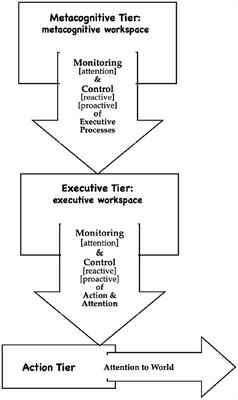ORIGINAL RESEARCH
Accepted on 15 Jan 2025
Mind over Matter: Consistency Monitoring and Domain-Specific Learning
doi 10.3389/fdpys.2025.1496651
1,871
Total downloads
10k
Total views and downloads
You will be redirected to our submission process.
ORIGINAL RESEARCH
Accepted on 15 Jan 2025
ORIGINAL RESEARCH
Published on 06 Nov 2024

MINI REVIEW
Published on 23 Sep 2024
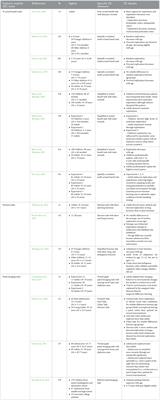
ORIGINAL RESEARCH
Published on 23 Sep 2024
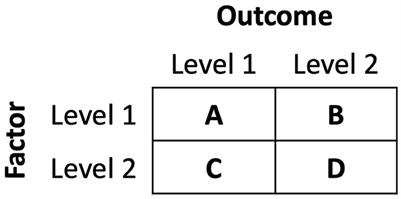
ORIGINAL RESEARCH
Published on 23 Aug 2024
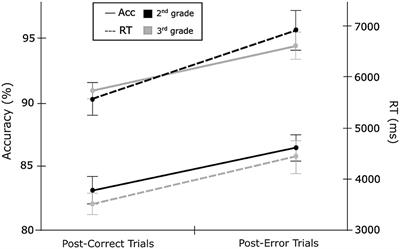
CONCEPTUAL ANALYSIS
Published on 15 Aug 2024
ORIGINAL RESEARCH
Published on 02 Jul 2024
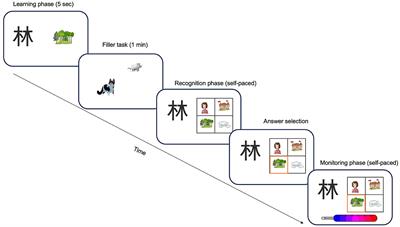
ORIGINAL RESEARCH
Published on 09 May 2024
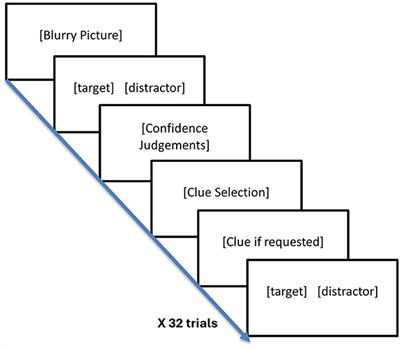
CONCEPTUAL ANALYSIS
Published on 08 Mar 2024
